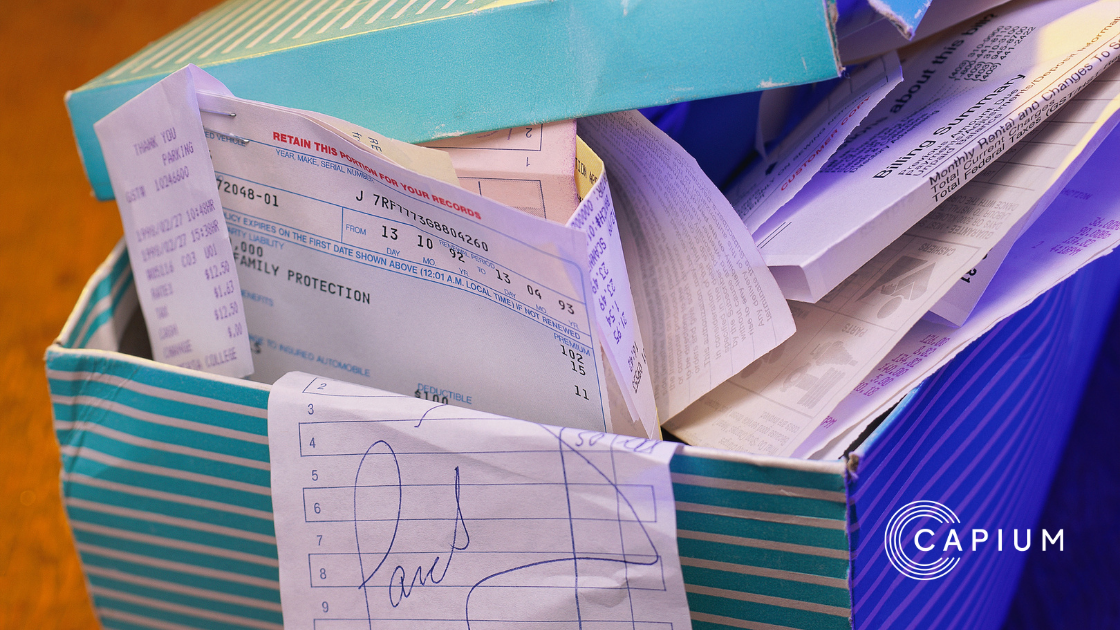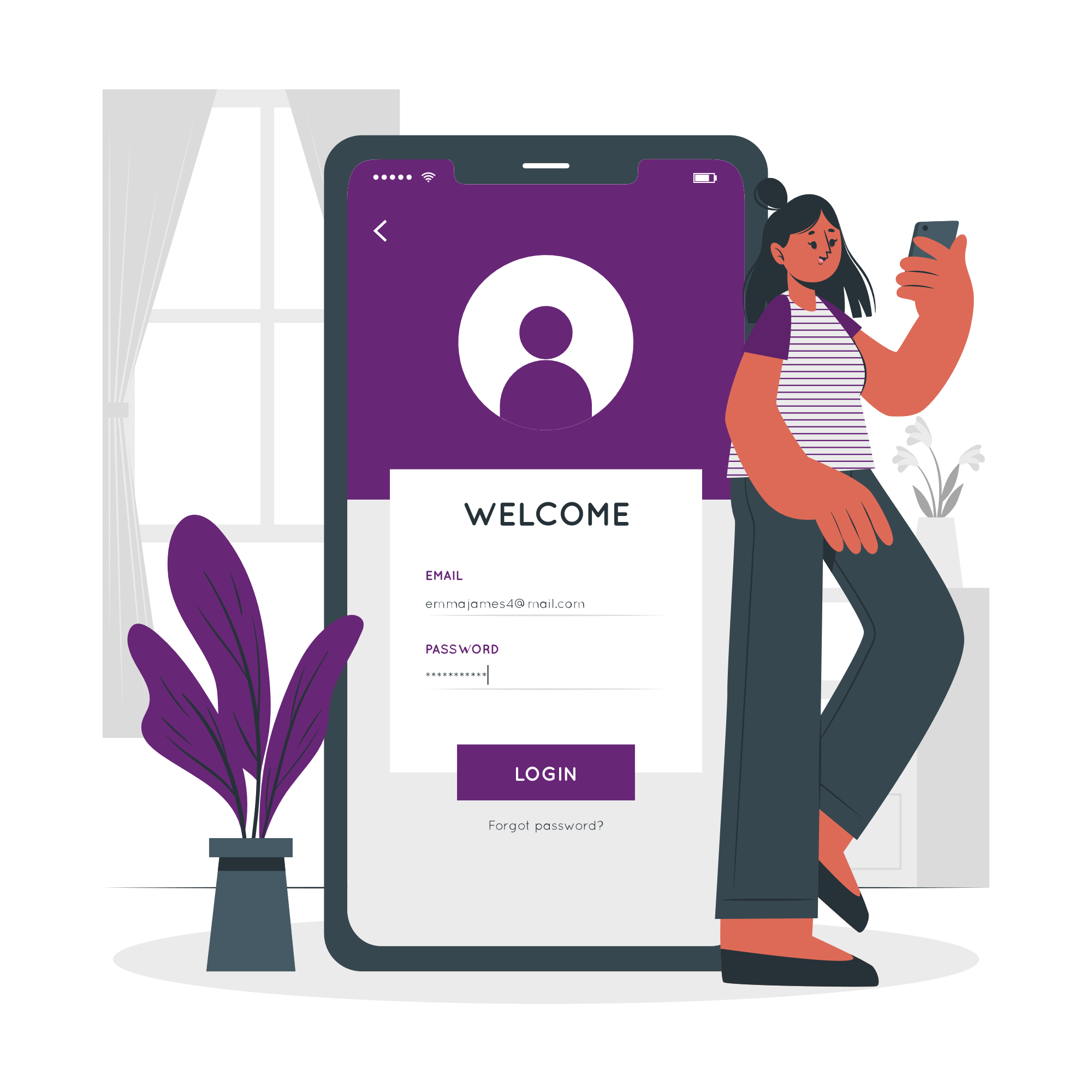Five years on from the arrival of GDPR in the UK, and a surprising number of businesses still struggle to meet the standards of data protection the regulation set out.
In accounting – where sensitive data is exchanged constantly – complying with GDPR is make or break. But even if you take every precaution to prevent a data breach within your own systems, choosing the wrong software can have severe consequences.
There are many different options on the market, and not all of them will help you completely with compliance. That’s why it’s helpful to have a clear checklist in terms of features, data protection and security measures when you’re weighing up which accounting software to purchase.
What to look for in GDPR-compliant accounting software
1. User permissions hierarchy
User permissions – also known as “role-based access control” – effectively mean that access to personal data and specific functions can be altered in line with your employees’ role, and level of seniority.
According to recent research, a significant 74% of data breaches are down to the abuse of privileged credentials. Choosing accounting software with a clear user permissions hierarchy, or a parent/child account structure, should prevent identifying or financial information from getting into the wrong hands.
2. Powerful encryption
Encryption is arguably the core tenet of a secure accounting software. With proper encryption, all your clients’ data is encoded so only the authorised team members can access it. This not only prevents data theft, but also helps your own organisation maintain your data integrity.
3. Cloud-based solutions
Unlike desktop-operated software, or archaic paper-based systems, cloud-based accounting software doesn’t store any data on the premises.
Instead, all data is encrypted and stored on cloud servers. Most accounting SaaS providers will automatically carry out regular backups to servers in different locations, so data is less likely to be lost too.
4. Comprehensive audit trails
A good accounting software package will also create comprehensive audit trails without being prompted.
With user tracking like this, you’ll have a record whenever any sensitive data has been added, amended, moved, or deleted – including a note of which user was making the changes. So if the worst happens, and you do experience a data breach, this feature can help you identify how and where it took place.
5. Secure portal
Similarly, it’s worth making sure your accounting software has a secure portal which users can access remotely – particularly since remote and hybrid working became the new normal.
This portal should be equipped with the functionality to upload, transfer, and share files with staff and clients, as well as requesting client approval.
6. Support for data requests
Since GDPR was implemented, any client or customer has the right to submit a subject data access request, or SAR.
When you receive an SAR, you’re legally obliged to provide a document which details what client data you have, as well as how it’s been stored, used and shared. Thankfully, your accounting software can make it super easy to compile this data in the correct, GDPR-compliant format. So responding to these requests is quick and straightforward.
Find out more
Keen to discuss the best GDPR-compliant accounting software options for your business? Get in touch with our team and we’ll be happy to talk you through our offering.








